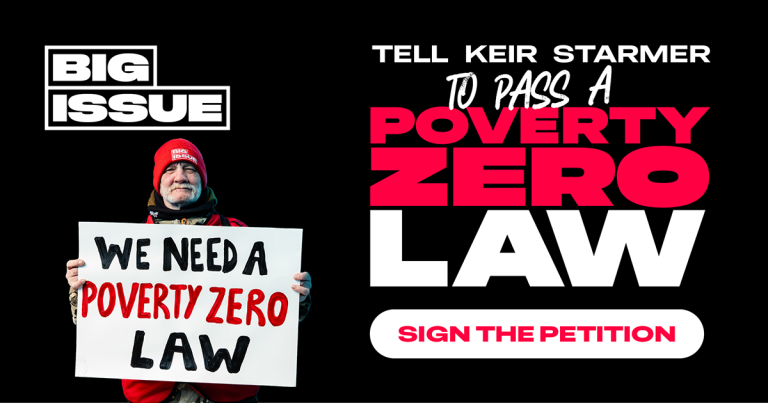Evaluating a politician’s first 100 days in office is one of the many imports from US politics so beloved by the British press. The idea comes from president Franklin Roosevelt, who upon taking office in 1933 held a special three-month session of Congress to pass his New Deal reforms and drag the US out of the Great Depression. What do Keir Starmer’s first 100 days tell us about his own reforming credentials?
Labour got off to an energetic start, scrapping the Conservatives’ plan to deport asylum seekers to Rwanda, clearing the path for new wind and solar farms, and making a pay deal with NHS doctors. In those first weeks, there was a general sense of activity and competence.
But quickly the Labour machine began to stall. Starmer’s law-and-order response to the racist riots (which he correctly labelled “far-right”) was a relief amid Tory babble about “legitimate concerns”. But a few weeks later he met with Giorgia Meloni, Italy’s right-wing PM, saying he wanted to learn from the “remarkable progress” of her crackdown on migration.
- Keir Starmer on being as ‘bold as Attlee’ and why there’ll be no return to austerity under his watch
- All of Keir Starmer’s U-turns and abandoned policy pledges, from child benefits to private schools
On the war in Gaza, Labour restarted funding for UNRWA, dropped its legal challenge to the International Criminal Court’s arrest warrants for Israeli leaders, and suspended some arms sales to Israel, (though not for parts used in F-35 planes). These are good steps, but over a low bar.
At Labour conference, Starmer declared, “I call again for an immediate ceasefire in Gaza [and] the return of the sausages”, before correcting himself with “the hostages”. The mistake beautifully satirised his own platitudes, which might as well be a breakfast order for all the good they do the Palestinians (or the Israeli hostages).
Turning to the economy, behold our “£22bn black hole” – symbol of Conservative mess left for Labour to clean up, licence for keeping the two-child benefit cap and means-testing winter fuel payments, and backdrop for solemn warnings about a “painful” budget to come. (Painful for whom?)









